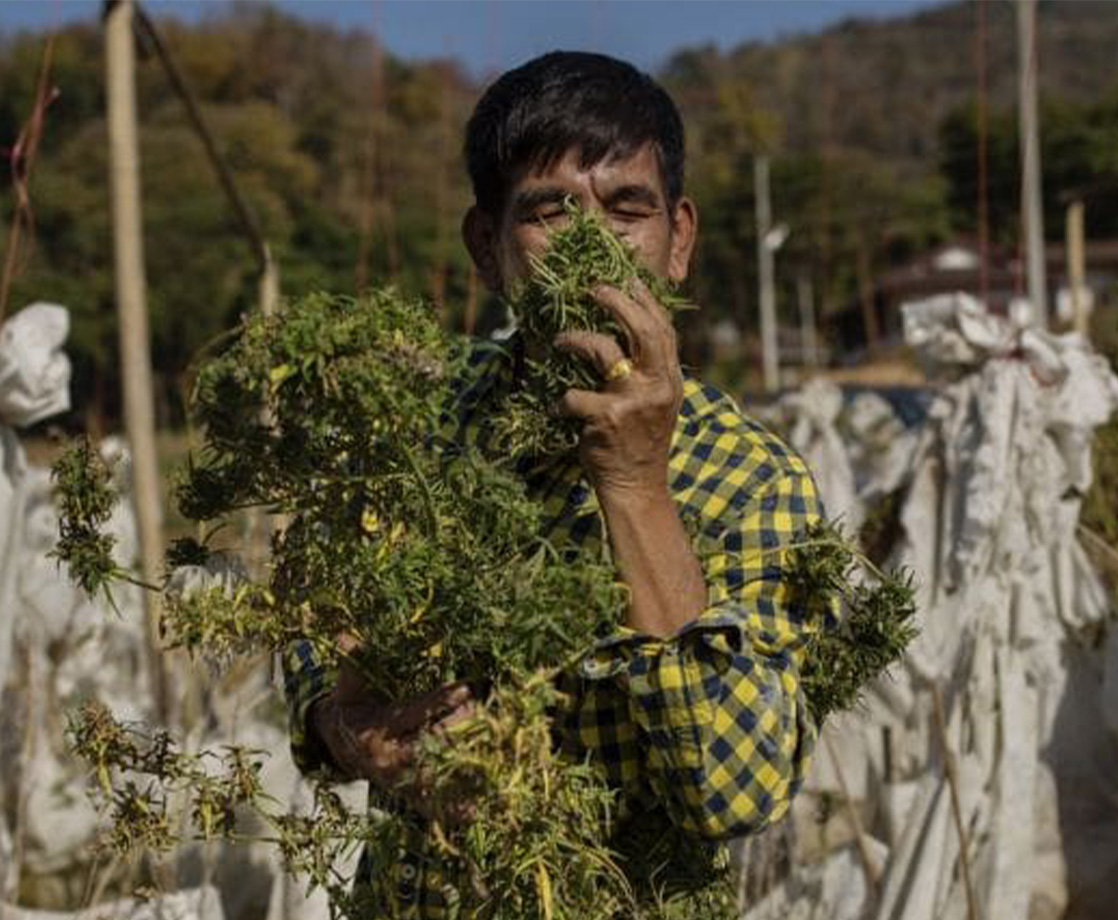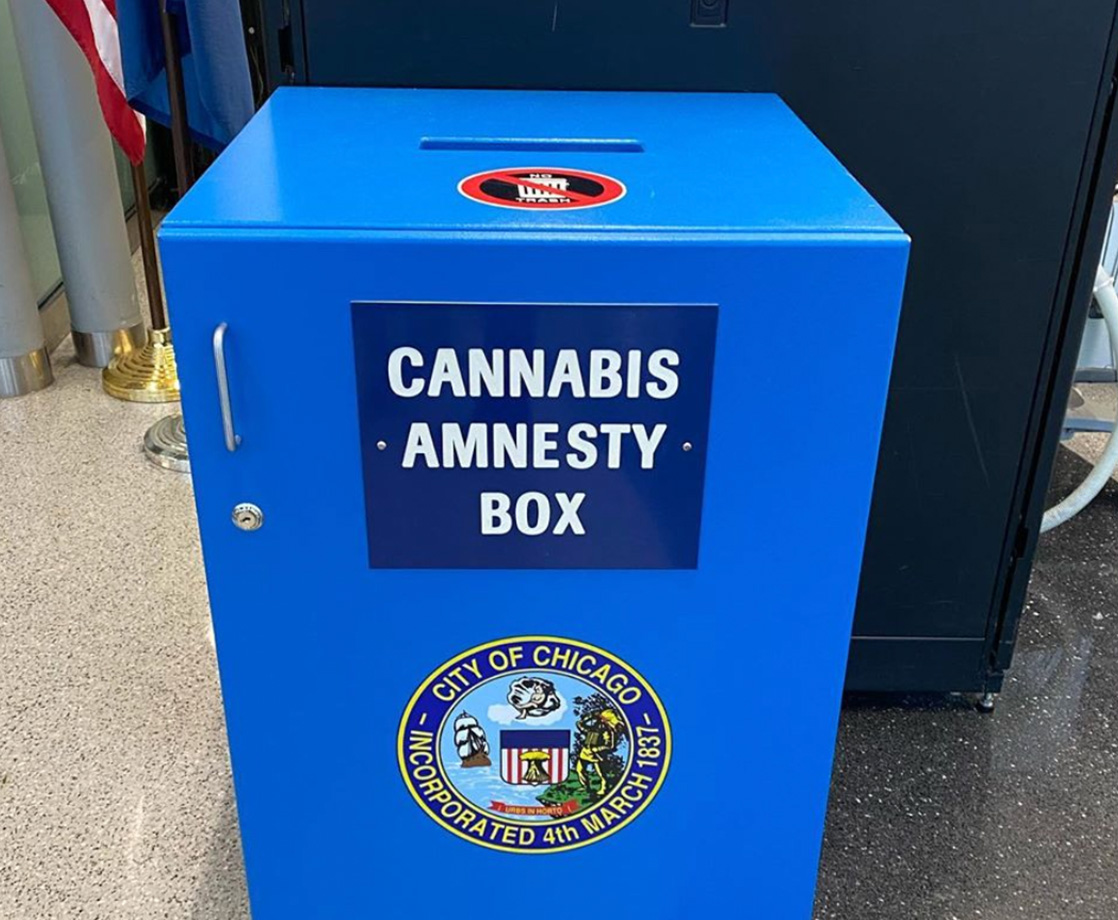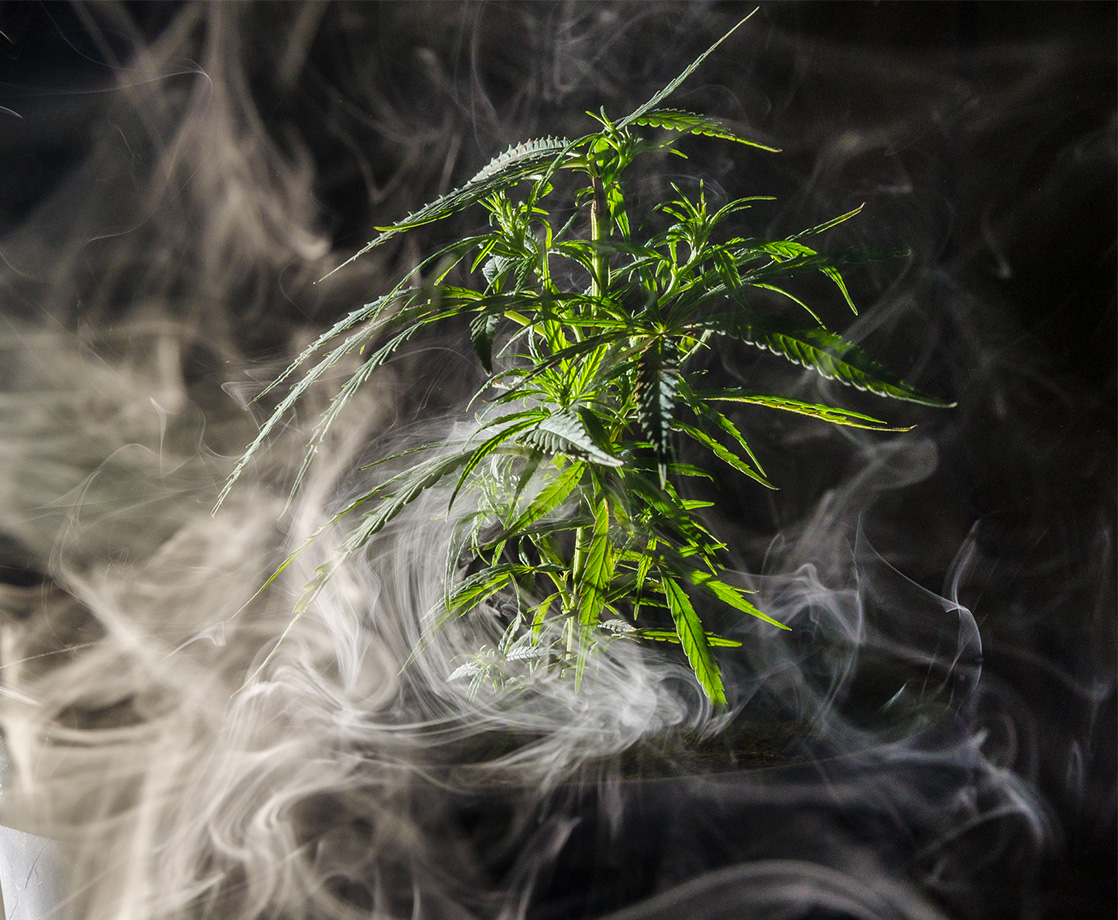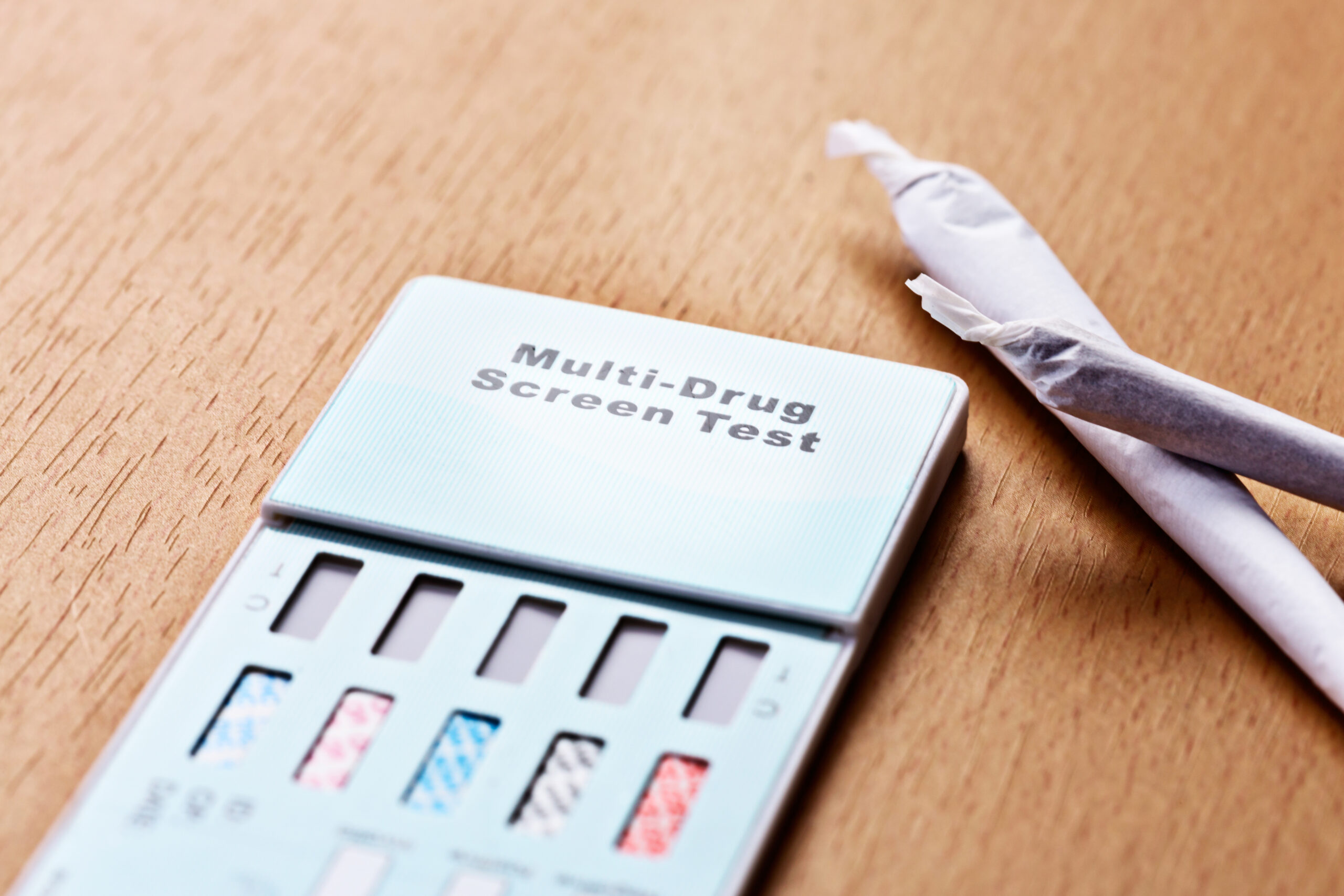In the weed scene, we’ve come up with all kinds of colorful names for weed. Grape Ape. Purple Urkle. Barack O Bubba. Crouching Tiger Hidden Alien. In the fog of all that recreational smoke, sometimes we forget that this plant provides a lot more than just laughs and good times. For some folks, like the ones running the government of Thailand, cannabis still means medicine. And medicine, for the chronically ill, oftentimes means “freedom,” too.
Last week, researchers at Maejo University in Chiang Mai announced that they had developed a new cannabis strain specifically bred for the nation’s fledgling medical marijuana program. Crossed with a local strain and a foreign one “from the north,” the plant has been dubbed Issara 01, which translates to “freedom” or “independence” in English.
Issara 01 boasts equal levels of THC and CBD, two medicinal compounds naturally produced by cannabis. CBD has gotten a lot of hype in the US as a non-intoxicating-yet-trendy cure-all, though it does possess anti-inflammatory and anti-seizure properties. THC, which can get patients intoxicated, offers many of the same medicinal benefits as CBD. Studies suggest that CBD is most medically efficacious when combined with THC, which is why the Thai government requested its own national strain with equal levels of both compounds.
Currently, Thailand’s medical marijuana isn’t dispensed as joints or dabs. Instead, it’s processed into a thick, raw oil that’s only administered to chronically or debilitatingly ill patients at the nation’s hospitals. Thailand’s medical cannabis program is, in many ways, leagues ahead of other countries with medical marijuana programs, such as the US or UK, where hospital staff cannot administer most cannabis-based medicines. Though the nation is lagging in other ways, as evidenced by its temporary ban on home growing. However, if the medical program proves successful, and the sky doesn’t fall, the government will roll-out home grows in the future.
Gallery — Weed Porn & Cannabis Up-Close:
“These are historic first steps on the path towards allowing people to grow six cannabis trees in their homes,” said Deputy Prime Minister and Minister of Public Health Anutin Charnvirakul to the Bangkok Post. “The university will be a center where ordinary people can learn how to plant and grow good quality cannabis. Cannabis is not an issue of politics, it is a product that can benefit people’s health. In the near future, families will be able to plant it in their back gardens like any other herb.”
The cannabis cultivation facility at Maejo University is Thailand’s largest. Just over 3,000 acres, the facility houses 12,000 medical weed plants that are expected to produce 2.6 tons — or 5,200 pounds — of dried flower. The university is currently working on developing a new strain, which it’s calling Maejo 01, that will be bred entirely from local genetics.
“If the plantation licence is approved, we have plans to extend the cannabis-growing to outdoor areas too, which is likely to be suitable for the local strains that are found in many parts of the country,” the director of Maejo University’s Natural Farming Research and Development Centre and cannabis project manager, Arnat Tancho, told the Bangkok Post. “We will also continue our research and development to find the perfect strains for particular medical treatments.”
Follow Randy Robinson on Twitter











